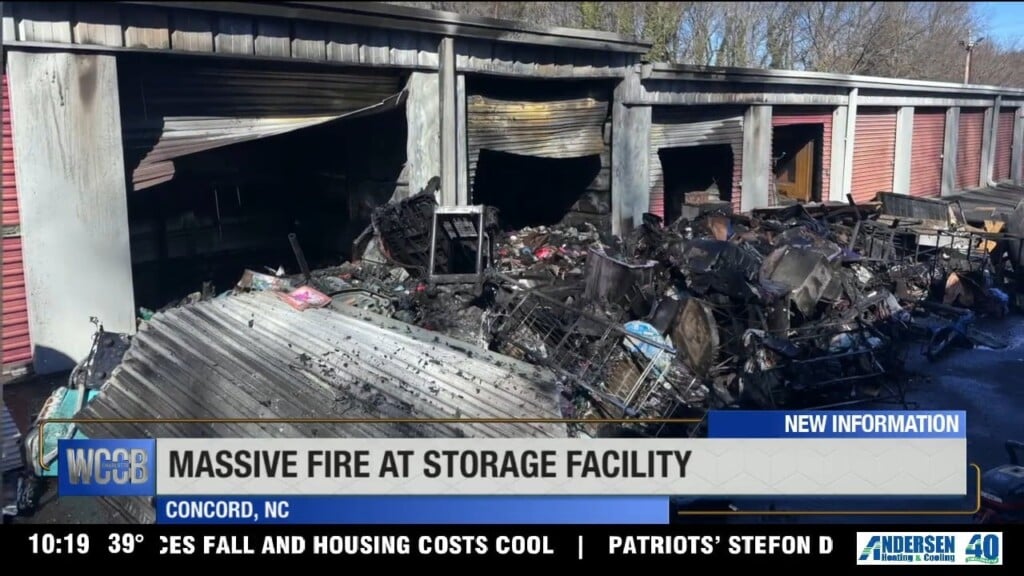Saving on Cooling Costs
If you’re thinking about turning off your A/C to save on energy while you’re at work, think again.
CHARLOTTE, N.C. — Temperatures are sky-high this summer, and the heat may be burning a hole in your wallet.
“Air conditioners are one of the biggest energy-users at home and we typically do see a spike in bills during the summer,” says Duke Energy’s Logan Kureczka.
There are simple ways to conserve energy and money.
“Every degree you raise your thermostat can help you save up to 5% on cooling costs,” Kureczka adds.
While some are more complex, like Duke Energy’s Power Manager program.
“This is for customers with a smart thermostat, to allow Duke Energy to make small adjustments to their thermostats to reduce the runtime of their HVAC systems when we’re having a lot more demand on the grid.“
But in order to save on air conditioning, it’s important to know how it works.
“The way air conditioning works is that it doesn’t create cold air, it transfers heat,” Acosta Heating Cooling & Electrical President Lauren Acosta Huckleberry tells us. “So, what it’s doing, is it’s taking the hot air that’s inside and it’s transferring it outside.”
Keeping your HVAC system and its filters clean keeps this process efficient and cheap. And if you’re thinking about turning off your A/C to save on energy while you’re at work, think again.
“I would really advise against that,” Huckleberry says, “Because with the amount of energy and time that it’s going to take to cool your home back down, any energy savings you might have gained from turning it off when you went to work, you will have lost them all by the time it cools back down.”
Furthermore, North Carolina law mandates that all HVAC systems must be capable of cooling a space at least 18 degrees below the outdoor temperature. For example, if the high is 95°, your air conditioning may struggle to get your home much cooler than 78°. If your A/C doesn’t catch up to where you set it overnight, then it’s time to get it checked or replaced.





